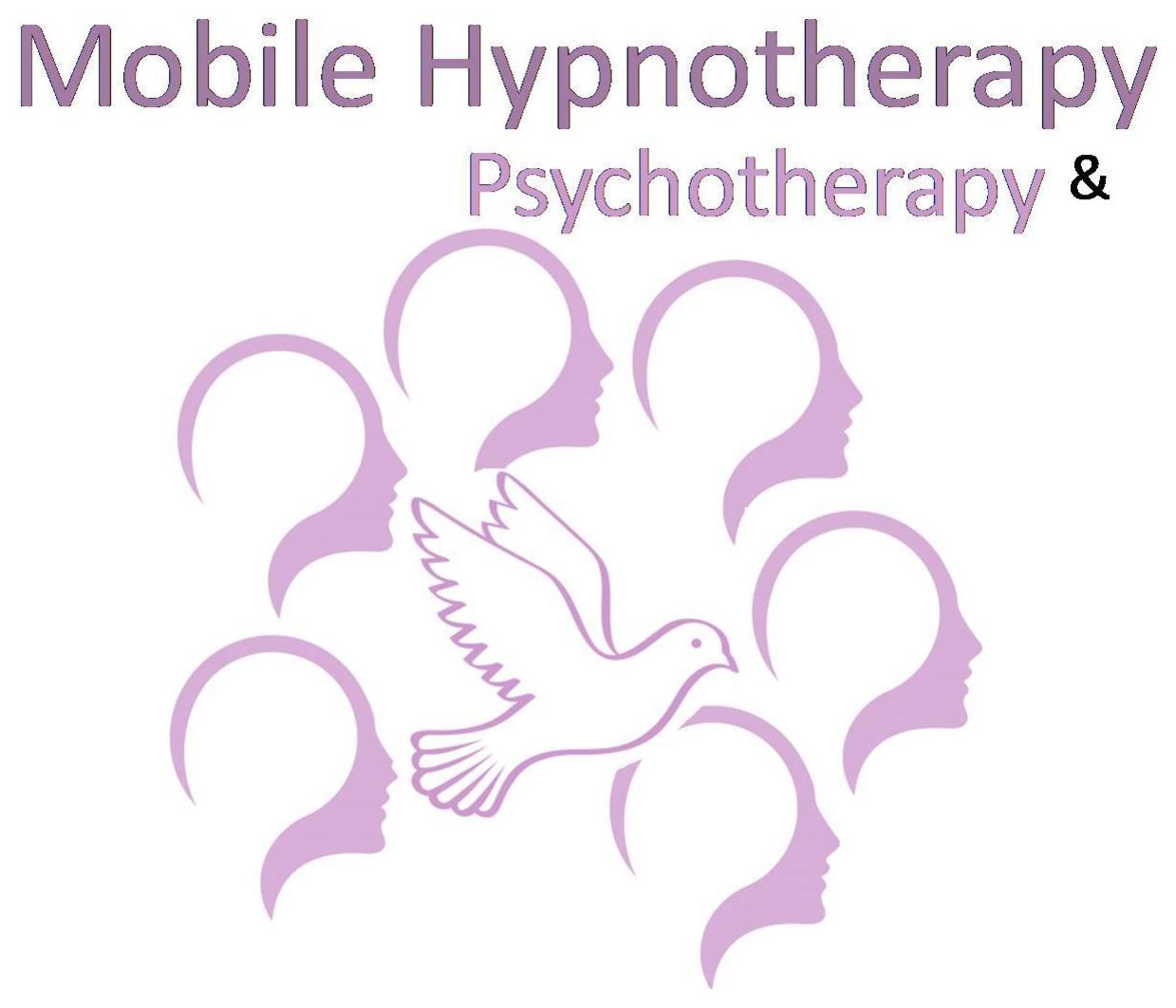Hypnotherapy Treatments
One technique does not fit all. It is about using the appropriate technique that works best for each individual and adapting it to suit the individual.
Below are some of the life experiences and conditions that hypnotherapy can help treat.
Fears & Phobias
Fears and phobias affect people in different ways but it is when the fear of something becomes so intense and persistent that it can have negative affects on their health and daily routines.
Here are some examples of how specific phobias can affect someone:
Difficulty breathing
Chest pains or tightness
Trembling or shaking
Feeling dizzy or lightheaded
Hot or cold flushes
Tingling sensations
Feeling overwhelmed with anxiety
Panic attacks
Feeling the intense need to escape
Fear of losing control
Problems with sleeping
Fear of needles can result in fainting
Specific phobias can affect someone's social life, their relationships, career and missing out on activities.
In some instances if the fear of a situation becomes so intense the person might avoid leaving the house, i.e. fear of being alone in any place or situation - Agoraphobia. If you suspect that you might be suffering with a specific phobia contact your doctor as there are numerous different types of treatment available.
It has been shown that Hypnotherapy can be a beneficial means of treating fears and phobias. Do not struggle alone when there is help available to you that can assist you back to your usual daily activities.
Stress
Managing stress and keeping stress levels down can avoid stress becoming a regular part of your life. A little stress has shown to be beneficial in terms of keeping us more alert and can have a positive effect on our memory performance but there must be a balance so that it does not have a negative effect on our emotional, physical a mental health.
High levels of stress over a long period of time can lead to chronic stress resulting in a person being more vulnerable to physical & mental illnesses.
Some examples of some of the many symptoms that stress causes that the therapies I offer can help with:
Decision making, procrastination.
Confidence
Self–esteem
Anxious thoughts
Irritability
Concentration
Frustration
Fatigue
Low mood
Negative behaviour changes
Problems sleeping
Muscle pains
Aches a tensions
Ref: Overcoming Stress (2014) R, Boretal, Press Sheldon.

Anxiety
Anxiety can affect anyone and can be the cause of either external and/or internal factors, such as, bereavement, financial difficulty, work or relationship problems, health problems, holding on to unrealistic expectations.
Some Common symptoms that Anxiety can cause, where my therapies can help:
Negative and anxious thoughts
Headaches
constantly feeling worried, fearful, restless, tense, sensed of dread.
feeling on edge
Social withdrawal
Nervous, palpitations, thumping heart heat, easily annoyed, dizziness.
Aches and pains
feeling sick
Insomnia
fast breathing
difficulty falling asleep and staying asleep.
difficulty concentrating, memory problems, decision making.
muscle tension
apprehensive about leaving the house, avoidance of certain places.
Panic Attacks: overpowering sense of fear or dread
feeling your heart beating rapidly, strongly, or irregular
Breathing very quickly or feeling you can't catch your breath
Sweating, feeling flushes of heat rushing through your body
Ref: The Anxiety Survival (2020), getting through stuff, B.Gallagher et al, Emmeline Pidgen.
Sources
The anxiety Survival (2020) getting through the challenging stuff. B. Gallagher, S. Knowles, P. McEwen, E. Pidgen
Overcoming Stress (2014) R. Boret al, Press Sheldon.
On Grief and Grieving (2014) E. Kübler - Ross and D. Kessler, Simona Schuster UK Ltd, 2014
Good Grief (2020) C. Mayer and A. Mayer Bird. Harper Collins Publishers
Beating the Bully (2018) recognising, reporting and empowering, M. Richards. Roger Sproston, 4 edge
The Essential Guide to Bullying (2018) J.Thomson, need 2 know.
www.nhs.uk & life experience
Centre of excellence.
Word Health Organisation (2016). Suicide Data. Retrieved from https://www.who.int/en/news-room/fact-sheets/detail/suicide (updated in 2022)
Saltz, S., Rozen, M., Pogge, D., Harvey, Philip (2017): Cyberbullying and its Relationship to Current Symptoms and History of Early Life Trauma: A study of Adolescents in an Acute Inpatient Psychiatric Unit. Psychiatrist.com, retrieved from: https://www.psychiatrist.com/jcp/mental/child/cyberbullying-and-adolescent-mental-health/
